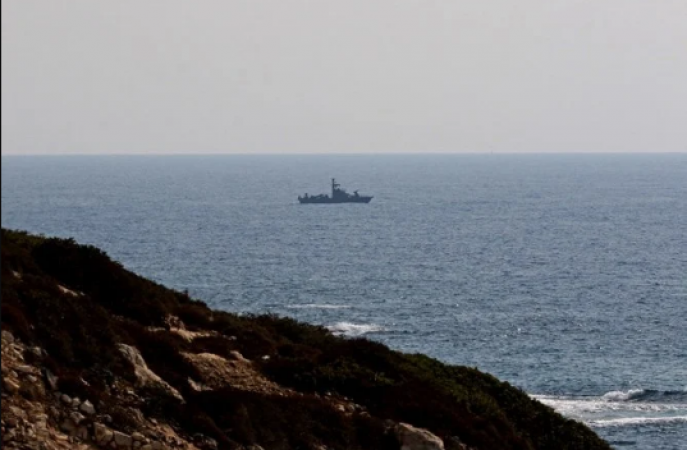
Beirut: Lebanon has provided the US with a list of changes it would like to see to a proposal to define a controversial maritime border with Israel, according to a senior Lebanese official.
Since 2020, US Representative Amos Hochstein has traveled back and forth between Israel and Lebanon to finalize a deal that would open the door to offshore energy exploration and the conflict between Israel and the Hezbollah-backed Lebanese terrorist organization. will eliminate the potential point.
Also Read: Iran police fire on protesters, leaving 36 dead, and an IRGC spymaster is killed
Last week, Hochstein sent a rough offer to Beirut. President Michel Aoun, Prime Minister Najib Mikati and Speaker of Parliament Nabih Berry discussed it on Monday.
Parliament deputy speaker Ilyas Bou Saab claimed without giving further details that he had earlier that day sent the US ambassador to Lebanon who wanted to visit Beirut.
Although the response did not approve of the draft, he insisted that talks were at a point where "we are negotiating" and he did not believe the suggested changes would result in the deal falling through.
Also Read: Main Imam of Al-Azhar to Attend Bahrain Forum with Pope Francis
Speaking to local broadcaster LBCI, he claimed that the draft deal was the result of "outside thinking".
According to Bou Saab, we started discussing it as a business transaction.
The 10-page draft proposes a deal where gas would be produced in the controversial Qana prospect by a company operating under a Lebanese license, with Israel taking a cut of profits.
Lebanese authorities have openly proposed a role for TotalEnergies SE, although that company has yet to be officially named. An informed source said a senior Israeli official was meeting with trade representatives in Paris on Monday.
Also Read: Churches fight to keep a legal loophole on sexual abuse reporting.
According to the draft agreement, according to Bou Saab's statement on Tuesday, Lebanon has received all the maritime blocks it considers its own.
He continued by saying that Lebanon would not give any money to Israel from its share of Qana.